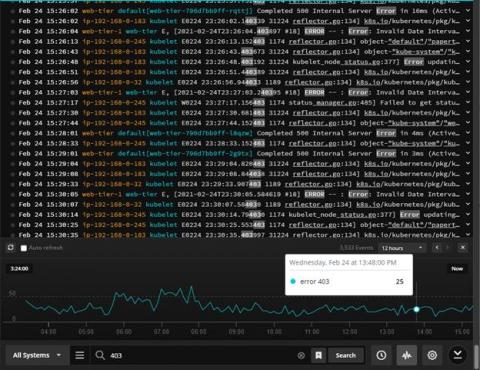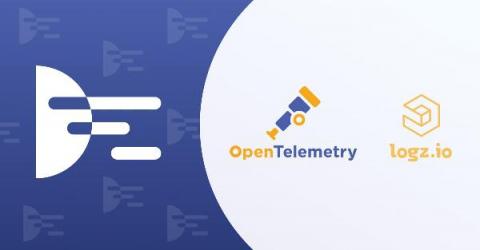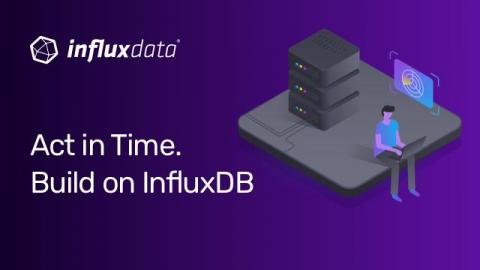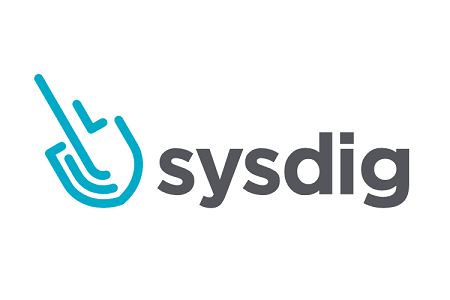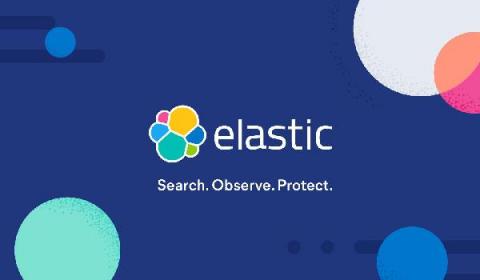Operations | Monitoring | ITSM | DevOps | Cloud
Open Source
Open source enterprise support vs free open source use
Many enterprises use open source enterprise support from a vendor, such as Red Hat or Canonical, to boost uptime and peace of mind. Others choose to use open source without any additional vendor support, relying on one of the major benefits of open source – the robust community support that is freely available.
How to set up managed Apache Kafka in 10 minutes | Aiven
Debugging Development Logs with Papertrail and rKubeLog
Doubling Down: What It's Like Contributing to Open Source at Logz.io
Logz.io has always prided itself as a company pushing the use of open source tech. As we have moved to expand our reach with metrics and traces over the past year and a half, we have doubled down on our own contributions to the community. With (distributed) traces in particular, we have been able to forge ahead. Our relationship with the teams at Jaeger and OpenTelemetry have really blossomed (and we are kind of proud to have supported the latter in the run-up to the OpenTelemetry v1.0 release).
The Future of InfluxDB OSS: More Open, Permissive with Complementary Closed Source
I was recently on the Changelog Podcast talking about Elastic’s recent change away from open source licensing. I’m at 1:02:45 to 1:24:03, but the whole thing is pretty interesting if you have time to listen. This is where #InfluxDB is headed. No more open core, we're going to a combination of cloud offering, or if on-premise, a complementary offering to the open source. It'll take us time to get there, but that's the vision. Commercial complements the open source rather than replace.
Sysdig Doubles Down on Open Source Commitment with the First eBPF Contribution to the CNCF
Which Open Source Bug Tracking Tools Would Be Best For You?
With the increase in open-source software tools, developers have become more powerful. Open Source refers to an openly distributed code which allows users to inspect, modify and enhance it. It includes a license that allows users to utilize the source code and you can also modify and share under defined terms and conditions.
Introducing Elastic License v2, simplified and more permissive; SSPL remains an option
When we announced our license change for Elasticsearch and Kibana, moving the Apache 2.0-licensed source code to be dual licensed under both the Elastic License and SSPL, we also mentioned we would work closely with the community on a simplified and more permissive version of the Elastic License. I am happy to share the results with you. The Elastic License is already widely used.
Elasticsearch users with on-prem deployments will not be impacted by upcoming license changes
Earlier this month, Elastic announced that there would be upcoming changes to its open source licensing. These changes do not affect on-prem deployments of Elasticsearch. Since Mattermost Enterprise Edition uses Elasticsearch in its on-prem deployments, we felt it important to explore the reasoning behind Elastic’s decision, how the new license terms are different, and why there will be no impact on Mattermost users as a result of these changes.





